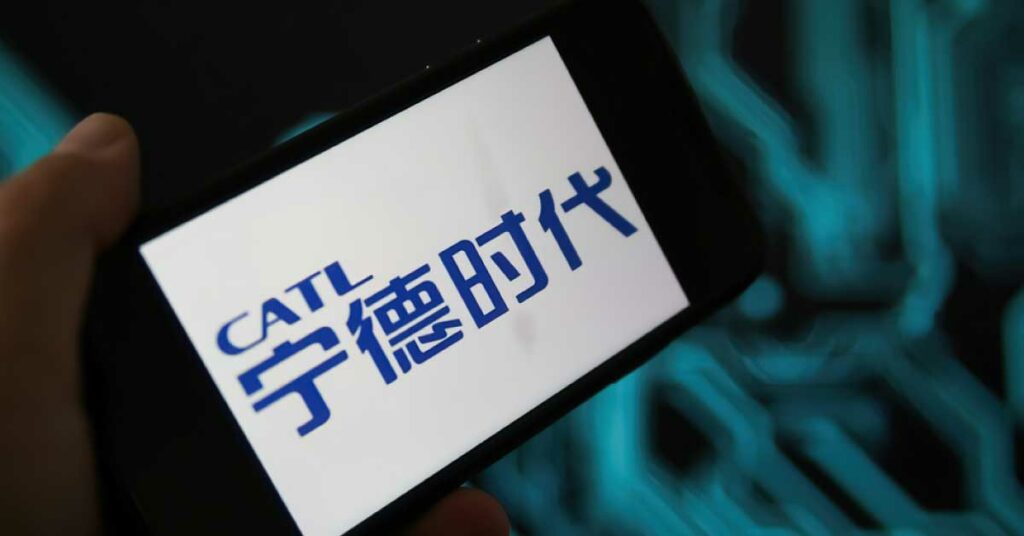China’s Contemporary Amperex Technology Co. (CATL), one of the globe’s biggest battery makers, revealed its latest variant of sodium-ion batteries in July. The Ministry of Industry and Information Technology in China stated that it would enhance the standardization, development, and commercialization of this variant of batteries. The ministry stated that it would provide fast-charging, cheaper, and safe alternatives than the batteries manufactured currently.
CATL’s sodium-ion batteries will prove to be a safer and cheaper alternative to the existing battery variants.
CATL Sodium-ion batteries vs Lithium-ion Batteries
Lithium-ion batteries come with an array of challenges along with an added cost burden. Electric car and battery manufacturers aim on bringing the expenses of manufacturing to a bare minimum. The usage of lithium-ion batteries works against the aim of expenditure reduction.
According to Jefferies Group LLC analysts, the composition of sodium in the planet’s reserves is approximately 2.5% – 3%, which is 300 times greater than the percentage of lithium found in the Earth’s reserves. Also, sodium reserves are more evenly distributed across the face of the planet. This indicates that sodium-based batteries will facilitate a greater cost reduction when compared to lithium-ion batteries. Hence, sodium-ion batteries would prove to be almost 30% – 50% less than the current electric car battery variants available. Additionally, sodium’s price is less sensitive to market fluctuations when compared to lithium prices. The sodium-ion batteries will prove to be a wise choice for the green ambitions of the world.
Sodium-ion batteries also run better in cold temperatures. They boast better shelf life also. The sodium-ion batteries prove to be apt long-term investments owing to the above reasons.
CATL’s latest variant of sodium-ion batteries is estimated to have a 160 Watt-hour per kilogram of energy density. The battery will take around 15 minutes to achieve 80% charge. These estimates are at par with the contemporary variants of batteries present in the market. Batteries present in the market currently are also proven to be combustible, unlike sodium-ion batteries.
In the end, CATL’s capacity to manufacture cheaper and safer alternatives in the market will prove to provide a larger degree of accessibility for tight-budgeted customers and countries. An added benefit is that the sodium-ion batteries facilitate a pathway to achieve climate change goals of consumers and nations alike.
